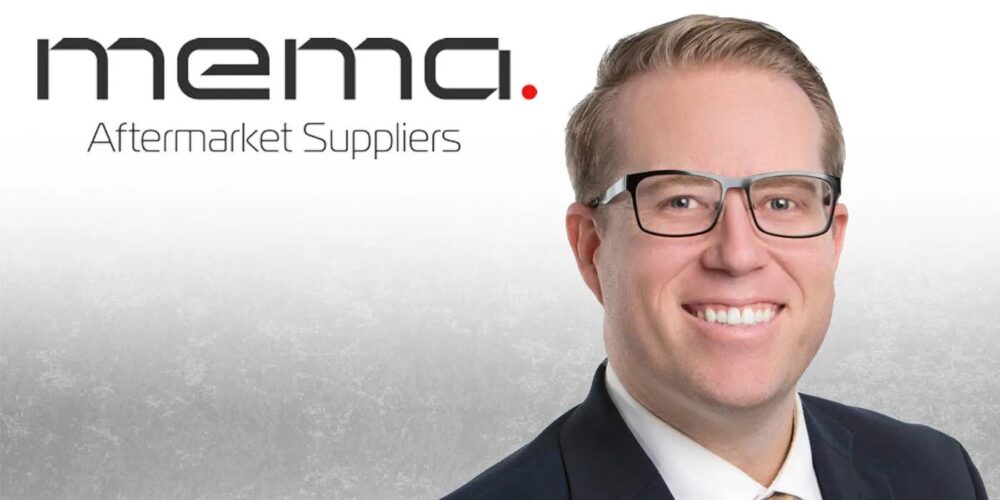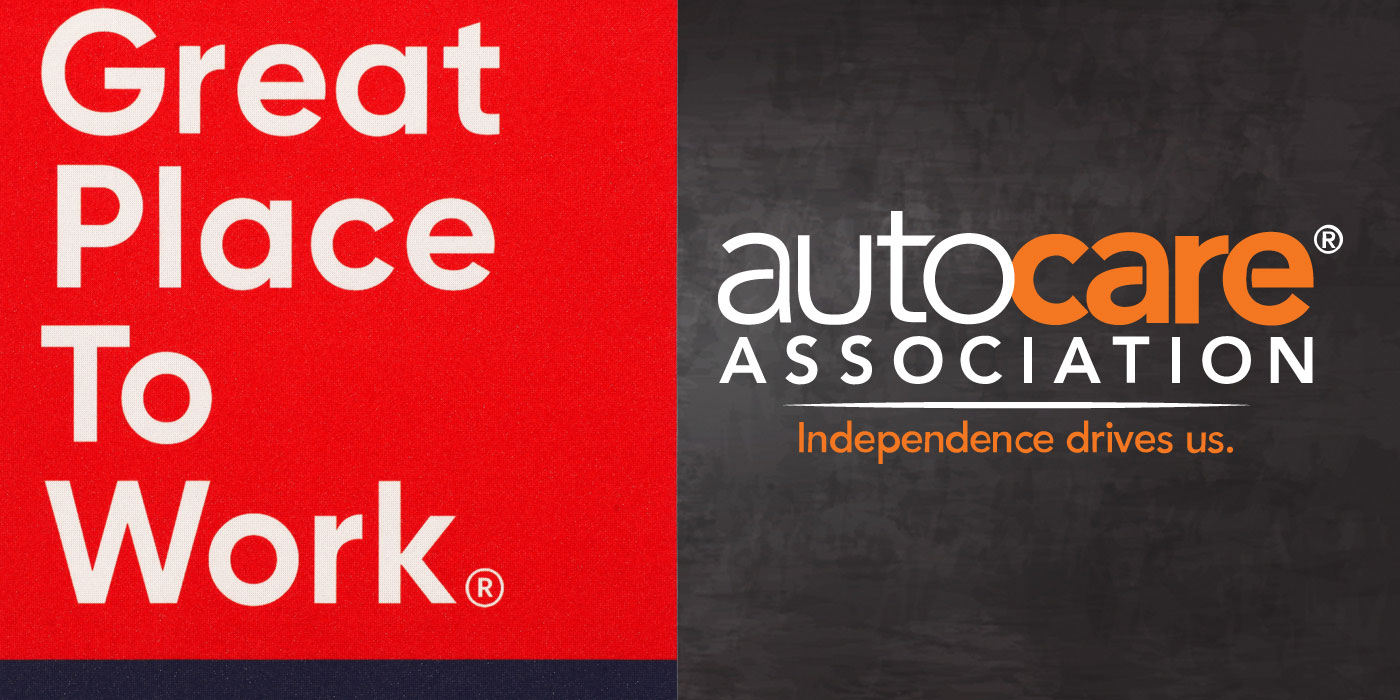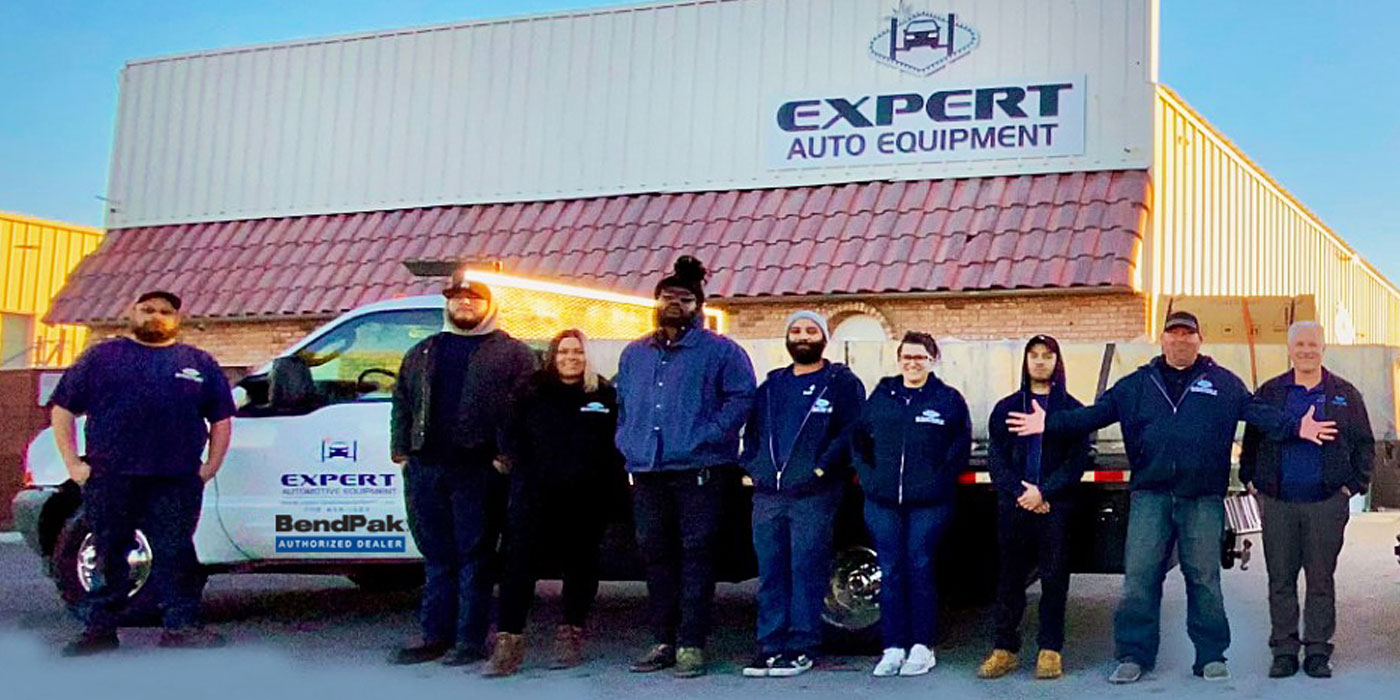Question: With the presence of value lines, pricing pressures and the increasing use of counterfeit parts, how important is it to install a recognized, quality national brand?
Brian Tarnacki, director of Brand Marketing, Federal-Mogul Corp., Southfield, MI
Answer: Todays consumers expect their vehicles to be repaired correctly the first time, every time – theres absolutely no margin for error. National brands play a key role in ensuring that level of first-pass quality because they represent our industrys best technology and a proven level of performance.
While its true most consumers dont specify hard-parts brands on their own, they do entrust their service provider with that responsibility; in short, they expect the technician to install replacement parts he would choose for his own vehicle. This expertise is a vital part of the shops value proposition, and most consumers are willing to pay more for a job they know will be done well.
There is pricing pressure in the aftermarket, which explains the presence of white-box or off-brand offerings – but its not nearly as prevalent at the consumer level. Most vehicle owners dont have the time or inclination to shop around for the lowest price on a key repair, and if given the choice between a respected national brand and a white-box or offshore product, they would choose the national brand – just as they do in other important purchases.
Its also important to note that the term "value line" is a misnomer. A large share of a products value comes through the customers confidence that it will solve a problem quickly, efficiently and without a comeback. Theres very little value, therefore, in an offshore, white-box or counterfeit part of questionable quality.
As a final point, strong brands help service providers differentiate themselves in the minds of prospective customers. Shops that dont cut corners and that rely exclusively on national brands and differentiated technologies are the ones with the strongest customer relationships and healthiest margins. In contrast, shops that focus solely on being the low-cost provider with non-differentiated or inferior products are always at risk of being undercut by a competitor.
Richard Beirne, president of United Auto Supply, LaCrosse, WI
Answer: I think its a big issue because without question there is globalization going on with almost every manufacturer. Ive been in the business long enough to remember when those imported white-box parts were competing with American-made branded product. What were seeing now is the American-made brands are sourcing their products from the Asian Peninsula and other places. I think brands are still very important but I believe that brands have to be competitively priced also.
The driver for white-box or private label is profitability for the WD/jobber and manufacturer. I think more and more of our branded suppliers are sourcing their products from the same places were getting our private label white box products. I think they are merging.
David T. Segal, sales and marketing manager, Sanel Auto Parts/Auto Supply Associates, Concord, NH
Answer: Its not necessary to (install) a national brand, but it is necessary to (install) a quality product. A quality product may be a national brand, or it could be a company that is not as nationally known, but one that does have a quality product – such as companies that are just entering the aftermarket, but are strong in the OE business.
What our company looks at first is quality. We then decide on the category as to whether the brand is important or not. And also what our customers are telling us.
Our focus is service dealers and they dont want comebacks. We dont want comebacks. With certain categories, such as brakes and steering, safety is an issue also.
Were celebrating our 70th year in business and theres a reason why our company has been successful. Part of it is the fact that we sell product that people can trust.
As for counterfeiting, you hear more about it on the body shop side of the business. Its bad enough that body shops have pressures from both the street-level competitiveness and then regulations and insurance companies. It makes it tougher and tougher for all of us.
Mark Salem, owner, Salem Boys Auto, Tempe, AZ
Answer: I recognize the importance of installing name brand, top quality parts. I know that the overall success of my repair depends on my installation ability and the performance of the part. Nothing I can do or say, no warranty, no promises I make will overcome how my customer feels about me when the cheap timing belt I installed fails after three months.
This is a lesson I have to learn almost annually. Last February we purchased two real cheap, white-box engine mounts and installed them. During an oil change 10 months later, a different tech made a note on an oil change ticket that the mounts are crushed and the brackets are metal to metal. Our customer quickly reminded us these "are your mounts." I got involved and found out these mounts cost my customer $48 each which means I paid about $24 for them. Top-quality mounts for this application have a list price of $120. We replaced the mounts with top-quality mounts, we did the labor for free and profusely apologized to our customer for taking a chance with his money. I did explain that the next time, he would see a drastic increase in the price of the mount, not based on all the free work, but based on a lesson we learned the hard way.
I think the difference in who uses what depends on which end of the tunnel they are standing. If the shop has its focus on the customers best interest, white box parts, cheap parts and counterfeit parts will not be purchased. If the shops management puts their own best interests in front of their customer and their techs, then cheap parts are the norm.
I think a good example of the practice of using name brand, top-quality parts is in the paint and body arena. They understand the perception of quality is important, so why would they consider using a substandard paint when they know that is all their customer is going to see?
Actually, we can learn a lesson from the body shop owners. They often brag to customers how much their paint costs. "We can buy paint that costs $50 a gallon and paint that costs $200 to $300 a gallon, we choose to buy the best available in this area." In that environment, customers want the best.
So, why is it not the same here? I can buy lots of different brands of motor mounts. Some real cheap ones come in plain white boxes, probably because no one is proud to put their name on them. Or I can buy mounts that exceed the original requirements and cost more. Because I have my customers interests in front of mine, because I want to make my repair last longer than the first one did, Im going to buy and install the best, name brand parts I can find.
A customer may respond by saying: "Mark, the shop down the street can beat your bid by $50." My response would be: "The quality of the repair I do depends on my installation ability and the quality of the parts I buy and install. I am not willing to make you pay for a sub standard part to save you $50, but cuts the life of that part in half. No matter how good of a painter I may be, if you make me use water colors to paint your car, it will still look like a kid did it with a broom."
Summary:
Much like that age-old question about the chicken or the egg, this months topic begs a similar question. When it comes to parts, which do you look for first, quality or brand?
David Segal, hit the nail on the head when he said that quality and brand are not mutually exclusive. Segal speaks up for the little guy, pointing out that while they may not be as well known, there are a number of smaller companies who create quality products which can compete with the more well-known, successful brands.
But many times, brands do equate or denote quality. The continual improvements in quality has led to high-customer expectations, something which manufacturers are fully aware. As Federal-Moguls Brian Tarnacki points out consumers rely on a shop or a technician to make the best choice for them. In his opinion, national brands are designed to meet those expectations, so both the choice for the technician and the customer can be relatively easy.
At the shop or installer level, it may come down to a matter of integrity. The customers best interest should dictate the type of product one uses, says Mark Salem.
"I think the difference in who uses what depends on which end of the tunnel they are standing on," Salem said. "If the shop has its focus on the customers best interest, white box parts, cheap parts and counterfeit parts will not be purchased. If the shops management puts their own best interests in front of their customer and their techs, then cheap parts are the norm."
It must be a reliable quality product, regardless of the brand. After so many years in the business, Mark Salem said has learned this lesson the hard way.
"I recognize the importance of installing name brand, top-quality parts," Salem continued. "I know that the overall success of my repair depends on my installation ability and the performance of the part. Nothing I can do or say, no warranty, no promises I make will overcome how my customer feels about me when the cheap timing belt I installed fails after three months."
In the end, no one wants comebacks. Not the customer, the installer or the supplier. Manufacturing, supplying and installing quality parts can have a domino effect, creating improvements throughout the distribution chain. – By Amy Antenora, managing editor, aftermarketNews.com
HOW PARTS SUPPLIERS CAN ASSIST THE INDEPENDENT SERVICE DEALER
Trends that threaten the aftermarket dont have to seem so scary. Some of the answers are simply, improved parts availability and better education.
In todays automotive aftermarket, it has been reported that there are seven trends that can have a very negative influence on todays independent service dealer. These include:
- A shrinking human resource pool from which to recruit technicians;
- The threat of satellite OE service centers that will be able to repair any make or model;
- The competition for technicians;
- Competition from the repair chains;
- The focus of the new car dealers on vehicle repair;
- Rising customer expectations;
- The image of repair facilities as they are reported in the media.
In this threatening atmosphere, how can parts suppliers help their independent service center customers survive, and perhaps even prosper? One answer to the question is parts availability. Parts vendors should assure their customers that they are carrying a good depth of coverage in inventory. Suppliers working directly with dealers should be determining what parts can be handled via a "Hot Shot" delivery and what popular parts should be stocked.
Getting Parts Suppliers Involved
As suppliers look at the dealers business, can the dealer afford to have a technician standing around waiting for parts to be delivered? Maybe, but consider this: If a shop had a labor rate of $60 an hour, could the dealer afford to have a tech standing around waiting for a popular set of brake pads worth $10? There is a good economic argument for a dealer stocking popular high-turnover items so technicians can stay productive. Here is where WDs and jobbers can help. If the dealer has a computer that tracks part usage, or if the supplier is tracking part numbers purchased by the dealer, a vendor salesperson could work with the dealer to adjust a stock. By minimizing the dollars invested in the inventory, yet guaranteeing that popular parts would be in stock when needed to keep tech productivity levels high, a supplier can perform a great service to a dealer and help reduce delivery costs on Hot Shot runs.
Getting It Right the First Time
There is also the issue of fixing cars right the first time and the problems that arise when other system components fail shortly after the original repair was successfully completed. How might suppliers assist the dealer in this area? Training in customer service and good communication skills can help the dealer cope with this difficult situation. Lets look at an example of where the original customer complaint was fixed successfully. Yet two weeks later the customer experiences a similar problem.
John brought his 1991 Oldsmobile Cutlass Ciera in to Toms Auto Service for a "check engine light" problem. The vehicle had 59,000 miles on the odometer. In this case, Tom was successful in convincing John to pay the diagnostic time to correctly analyze the problem. After scanning the system, one of Toms technicians determined that the car needed an oxygen sensor and got permission from John to install a new one. John arrived at the service center and paid for the repair – problem solved. Two weeks later, John was back in the shop yelling at Tom because his vehicle check engine light was on again!
What should Tom have done? With proper skills learned through training in customer service and communication, Tom should have explained to John everything that was done to the car during the repair. Tom should have also explained to John that, with the amount of miles on the vehicle, there might be a chance of another component in the system failing in the near future.
If Tom had given that first explanation, when John returned, feeling the repair had not been done properly, Tom could have revisited the original conversation. Tom then could have offered to put Johns car on the analyzer again, and explained that if the original problem still existed, based on the data, the repair would be done again at no-charge. Tom could have also explained that if the analyzer determined that another component had failed, John would be responsible for the repair coast of the additional diagnostic time. When approached in this manner, most customers would understand.
Dealing with Baby Boomers
Suppliers can assist in training service dealer owners like Tom to respond in an appropriate manner. Training is just one area that can create an opportunity for a prudent parts supplier to become that "trusted business advisor" and concentrate on service and consulting, rather than the price of parts.
As a business advisor, a supplier can assist the dealer in managing one of todays most difficult service customer, the baby boomer. Baby boomers make up at least a third of todays customers, and they are driving the service standard levels at which businesses must perform.
Baby boomers, unlike past generations, are more difficult to deal with. They are less trusting and are better-educated consumers. What is meant by the term "better-educated" does not refer to schooling. True, the boomer generation has gone further in their education as a percentage than prior generations, but they also have tremendous exposure to media information. Todays consumers are flooded with information that can help them make decisions on purchases. No longer do consumers trust everything a merchant says.
By the year 2005, the majority of the 75,000,000 boomers will be between 50 and 64 years of age. The boomer in this group will be at the peak of their purchasing power and will be driving the marketplace. This group will also represent the large Do-It-For-Me consumer group.
Continuing Education
How can suppliers assist their dealer customers in working with not only baby boomers, but all consumers? To learn about this and other ways that suppliers can help their service dealer customers increase their bottom line and prosper, take the University of Aftermarkets "Aftermarket Overview" distance-learning course available in CD-ROM format. In addition to learning more about the service dealer, you will be able to find out valuable information about the world of the WD and the world of the jobber.
For $249.95 (AAIA, AWDA and MEMA member pricing), participants will receive four CDs and a participants guide/workbook. The seminar running time, with exercises, is approximately four hours. All participants will receive 0.4 Continuing Education Units (CEUs) credit toward their Automotive Aftermarket Professional Designation and four Clock Hours toward their Certified Automotive Professional certification. For non members, the cost is $279.95.
To order, go to the University of the Aftermarkets website at www.univaftmkt.org, or call 800-551-2882, and ask for Susan Woodcock.









